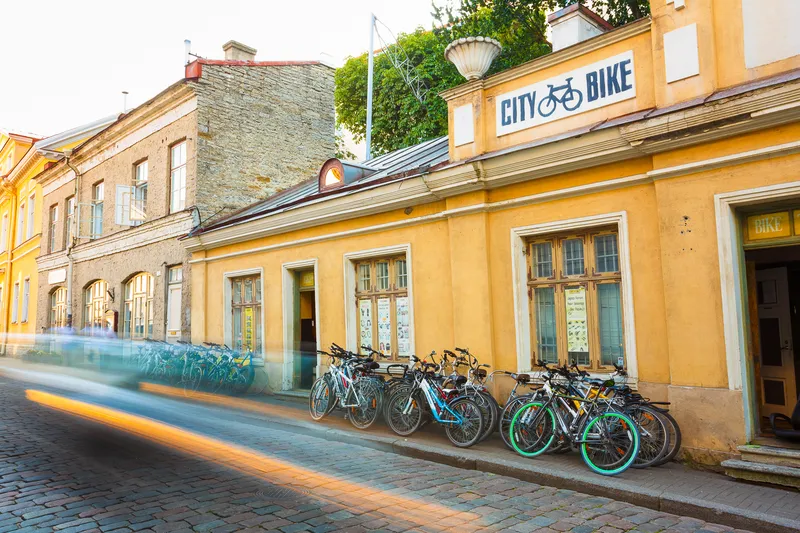The Spanish cities of Malaga, Zaragoza and Santander are the first cities to join CIUDAD 2020, the R&D&I (research, development and innovation) smart cities reference project, led by Indra in partnership with Ferrovial Agroman, Atos, Fagor Electrónica, GFI Informática, Fractalia, Daedalus, Tekia and iSOCO.
One of the most novel aspects of the project, which has is aimed at developing a new, efficient and sustainable smart city model in which citizens play a central and active role. People generate a lar
October 3, 2013
Read time: 2 mins
The Spanish cities of Malaga, Zaragoza and Santander are the first cities to join CIUDAD 2020, the R&D&I (research, development and innovation) smart cities reference project, led by 509 Indra in partnership with 4419 Ferrovial Agroman, Atos, Fagor Electrónica, GFI Informática, Fractalia, Daedalus, Tekia and iSOCO.
One of the most novel aspects of the project, which has is aimed at developing a new, efficient and sustainable smart city model in which citizens play a central and active role. People generate a large amount of data through their use of urban infrastructures, such as public transportation and car parks, mobile applications which allow citizens to register incidents in a global platform and social networks that can be used to share user locations and multimedia content such as messages or photos.
Tests are being carried out in Malaga and Zaragoza to locate the areas of each city with the most social activity and points of interest in which to improve management processes using the information provided by social networks. Other tests are being carried out on the creation of new services based on how residents use Twitter. By using the geo-positioning of messages and data mining algorithms, it is possible to identify the most active areas and by analysing them, together with the most common hashtags, routes, etc., the city's behaviour can be modelled.
One of the most novel aspects of the project, which has is aimed at developing a new, efficient and sustainable smart city model in which citizens play a central and active role. People generate a large amount of data through their use of urban infrastructures, such as public transportation and car parks, mobile applications which allow citizens to register incidents in a global platform and social networks that can be used to share user locations and multimedia content such as messages or photos.
Tests are being carried out in Malaga and Zaragoza to locate the areas of each city with the most social activity and points of interest in which to improve management processes using the information provided by social networks. Other tests are being carried out on the creation of new services based on how residents use Twitter. By using the geo-positioning of messages and data mining algorithms, it is possible to identify the most active areas and by analysing them, together with the most common hashtags, routes, etc., the city's behaviour can be modelled.










